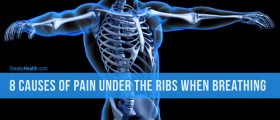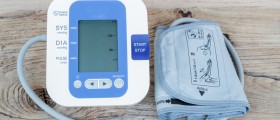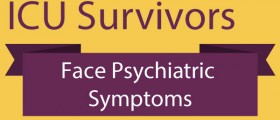
General Data
Hypotension is a condition of abnormally low blood pressure. Numerous factors can affect blood pressure regulation in the body. There are several types of hypotension that occur due to different causes.
Hypotension Types
Orthostatic Hypotension
Orthostatic hypotension can be result of numerous causes or combination of causes. The most common cause for this type of low blood pressure is dehydration.
Dehydration occurs because of insufficient fluid intake or excess sweating that is not compensated by fluids. Also, dehydration can occur due to high body temperature, vomiting and severe diarrhea. Orthostatic hypotension could occur in gestation but afterwards it retrieves. It is common condition that comes with the age because with time body loses ability to handle blood pressure changes.
Postprandial hypotension is type of orthostatic hypotension that represents abrupt blood pressure decrease after a meal. This type is commonly seen in older adults.
Increased risk for orthostatic hypotension can result from:
Heart problems. Since heart conditions, such as bradycardia, heart valve disorder, cardiac arrest and heart failure, affect blood flow in the body they can cause orthostatic hypotension. Infections.Endocrine disorders, especially thyroid disorder, Addison’s disease, diabetes, and hypoglycemia.Anemia.Parkinson’s disease and other disorder of central nervous system.Pulmonary embolism.Also, certain medications can contribute to development of orthostatic hypotension. They include: diuretics, nitrates, beta blockers, calcium channel blockers, angiotensin-converting enzyme inhibitors, angiotensin II receptor blocker. These medications are administered in heart disorders and hyperglycemia treatment.
Medications that are utilized in treatment of anxiety, Parkinson’s disease and depression can also lead to orthostatic hypotension. Barbiturates, alcohol and some other factors can also increase the risk of orthostatic hypotension.
Neurally Mediated Hypotension (MNH)
In cases of interrupted communication between the brain and heart neurally mediated hypotension can be developed. In this condition, even though the blood pressure has decreased, the brain gets fault signals about it and lowers the blood pressure even more. This can cause several symptoms like dizziness and others.
Severe Hypotension Linked to Shock
In severe hypotension linked to shock blood pressure gets very low and can’t be normally increased. This condition needs urgent professional treatment. Some infections can lead to severe hypotension linked to shock and that is called septic shock. Serious blood or fluids loss can result in shock and it is known as hypovolemic shock. This may occur due to: major external or internal bleeding, pancreas swelling, diarrhea or kidney disorder. Cardiogenic shock is heart failure to pump blood which can cause hypotension. It may be result of pulmonary embolism, heart attack or arrhythmia. Vasodilatory shock is connected artery widening which can happen in case of serious head injuries, poisoning, allergic reactions, liver malfunction and adverse reaction to some drugs.

















Your thoughts on this
Loading...